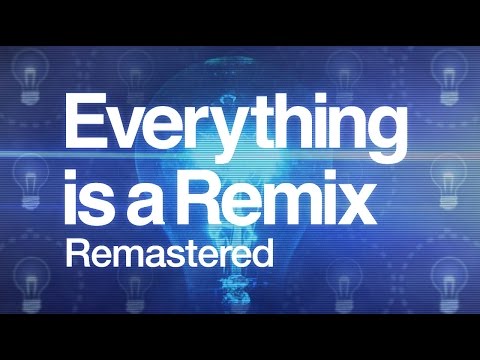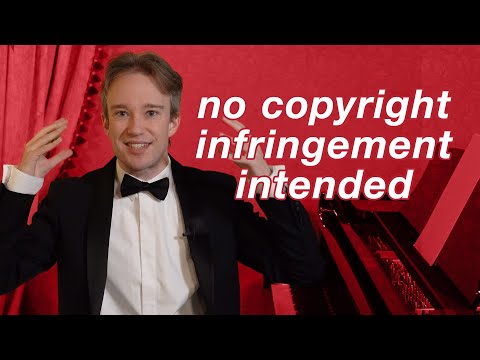I read this request for comments:
https://www.regulations.gov/document/COLC-2021-0009-0001
And commented thusly:
I am someone who makes and posts video content online to YouTube (and other platforms) as a hobby and for money and my company is Level1Techs, LLC.
I am very familiar with the ContentID system and how it works. It is apparent to me that this and other similar technical protection mechanisms on the platforms I use to distribute my work were hastily developed mainly to avoid legal action from incumbent conglomerated rights holding companies.
It simply isn’t designed for anyone but the old-guard incumbent rightsholder.
The only ones asking for even more draconian technical controls on copyrighted material are rent-seeking middle-men.
The internet and technology of 2022 means that, in many cases, we no longer need centralized conglomerated rights-holding companies that exist between arists and the patrons of their work.
It is an antiquated business model that I can see does not good for either the public or artists and creators themselves.
Prior changes to copyright law, such as the DMCA, benefit primarily larger companies.
How do I know this to be true? The DMCA was created to have a communication mechanism to be notified about problematic content and to ask to have it taken down. These systems have been automated by Google and others.
There is no penalty when a righsholder has something taken down by mistake. There has been no substantive penalty to date for any company egregiously abusing DMCA to take down content they simply didn’t like.
There are already many well-documented abuses of the DMCA and the proposal here is to make it even more automated?
This isn’t for anyone except the largest copyright conglomerates, like Disney.
With these systems, conglomerates are essentially given direct access to the platforms and with that access they “shoot first and ask questions later.”
It seems to be routine for rightsholders to take down content that would otherwise be protected uses under US copyright law – such as for critical analysis – but also for things like performances of classical music, which have been released into the public domain by their performer, and other works which for which their copyright has expired.
Exactly Zero of the content protection systems built today have even one consideration of public domain, let alone fair use.
Fair use is a tricky subject for reasonable human beings to work out; it is folly to expect any computer program to do that.
In the US, our patent system protects a novel invention for a maximum of 20 years. Copyright, originally with similar duration limits as with patents, has been extended, effectively, to a century or more in many cases.
The copyright term extensions capture so much value from the public that surely rightsholders should be giving the public a wide berth with usage here?
As a user that has experienced these systems they are not in any sense of the word fair.
Rightsholders are, in a sense, already looting the public domain for their own private benefit. As a “small-time” rightsholder, none of these tools benefit me; there have been sections of silence claimed by copyright holders. Getting an actual human being to look at something like that – something so obviously wrong – is a near impossibility already.
Videos of video game play with commentary and analysis are routinely claimed for monetization by larger rightsholders; the larger rightsholders enjoy all of the proceeds from that work. Smaller creators have no way to effectively challenge these kinds of bad-faith actions.
I can assure you that things will not improve for anyone except shareholders in these conglomerates. I assure you that I understand the technology in play here.
My ~350,000 strong internet following understands the technology in play here, too. What I’m saying is that the filter game is already rigged against anyone except the largest companies and “more filtering” isn’t going to fix that.
Don’t take my word for it – try to upload a public domain performance of a piece of classical music to YouTube. Odds are it will be claimed by a rightsholder.
Certainly with the DMCA there is no legal path to a substantive resolution for the creator harmed by these actions, deliberate, automated or otherwise.
So, what has the public gotten in exchange for the term of copyright being so extreme, especially in relation to patents? Why are patents five to ten times less valuable than copyright as evidenced by the term of each?
We don’t need this.


